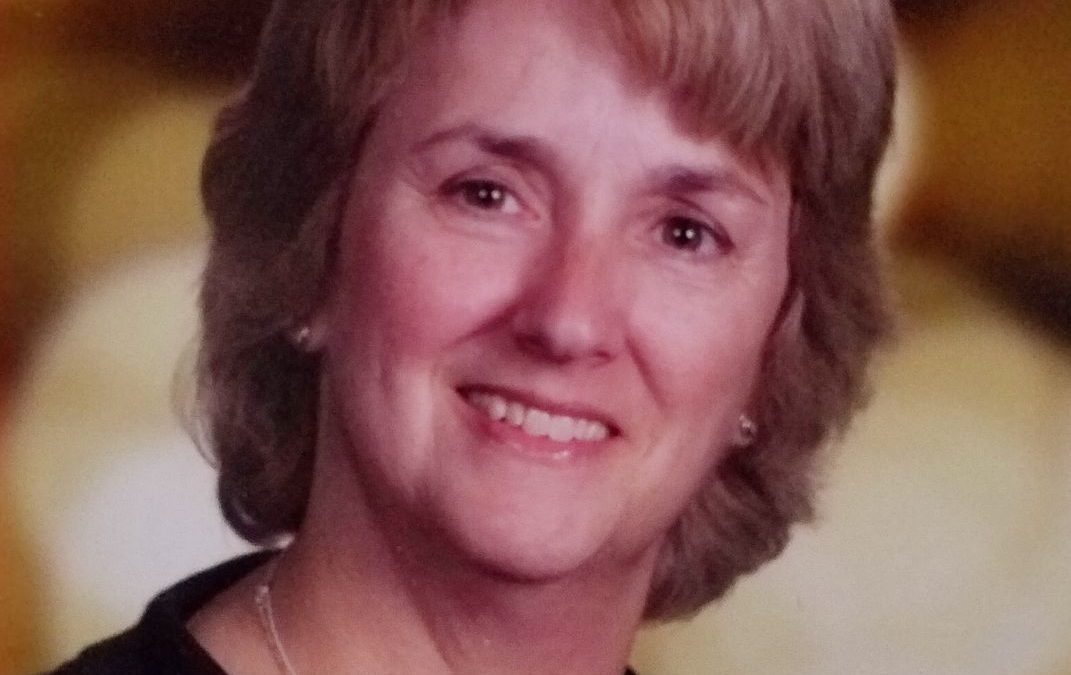By 2014, Katherine (Kathy) France had been having trouble swallowing for years. Her symptoms became so severe that even drinking a glass of water could take over an hour. She sought guidance from several gastroenterologists. A close colleague had been treated for esophageal cancer at the University of Chicago Medicine Digestive Diseases Center and had recommended his doctors—and Kathy met Robert Kavitt, MD, MPH, Associate Professor of Medicine.
“The other gastroenterologists were unable to even do an endoscopy,” says Kathy, “I was desperate for help and had looked at Northwestern, Rush and even the Mayo Clinic…finally through my colleague, I looked at the University of Chicago. When I read about Dr. Kavitt and his areas of interest and research, I knew I had found a doctor who could help me.”
“It’s horrible, not being able to swallow,” explains Kathy. “You’re afraid that the next bite of food is going to get stuck; that it will feel like you are choking, that you won’t be able to breathe. It is terrifying… while hiking, I sprained my ankle and took an ibuprofen and it became stuck. I ended up in the emergency room and had to have emergency surgery to remove it.”
Dr. Kavitt examined Kathy and diagnosed her with dysphagia (difficulty swallowing), related to a chronic condition called lichen planus. Lichen planus is an inflammatory disease affecting the mucosal lining of different body tissues (including, very rarely, the esophagus). The same day, Kathy underwent a barium radiographic procedure to provide imaging of her esophagus. That evening, Kathy received a call from Dr. Kavitt at home, and he asked her to come in two days later to begin the endoscopic treatment regimen that would allow her to swallow again.
Esophageal strictures had left Kathy’s esophagus so narrow, only 4 millimeters wide, that Dr. Kavitt had to use a pediatric endoscope and then adult endoscope to slowly open her esophagus over a series of monthly appointments. The intervention was a success, and now Kathy sees Dr. Kavitt every six months for ongoing endoscopic treatment.
After these procedures, Kathy says, “my throat is sore for two or three days, but then it gets better. And then I feel like I’m on vacation, because I can swallow again more easily!”
Overall, Kathy is very happy with her treatment plan, and is especially grateful to Dr. Kavitt. “He cares so much,” says Kathy, “You really feel that, as a patient. One time, I contacted him because I was having difficulty swallowing and was fearful. I think he must have called me from his home; it was at night. I felt so comforted by his advice and thought ‘what a wonderful man.’ I feel truly blessed, he has helped me to live a fuller life and I am so grateful.”

